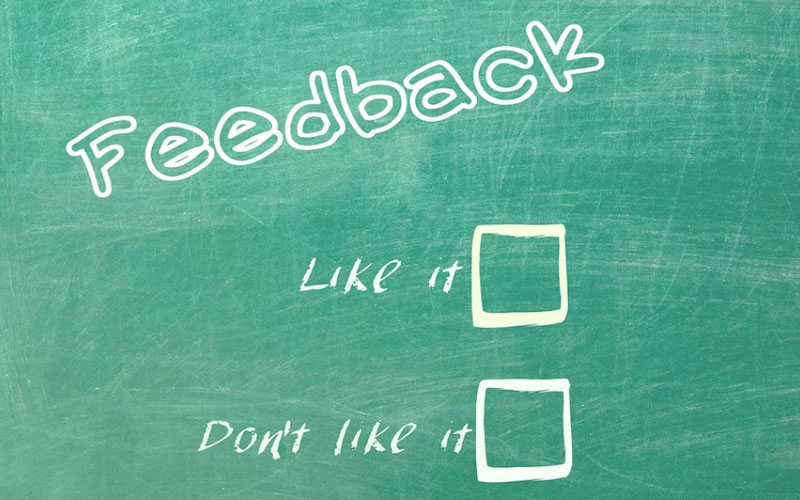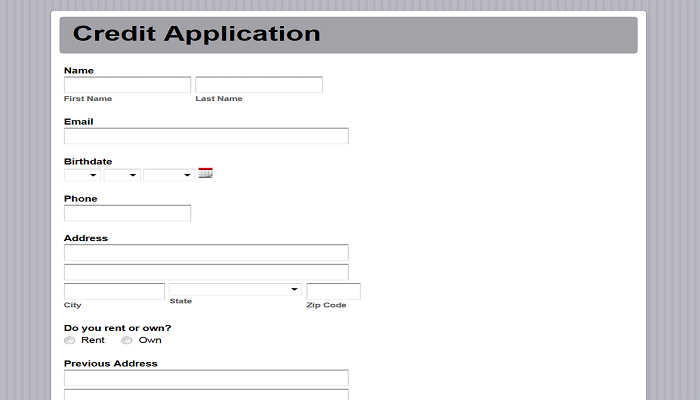Many employers acquire reference check forms sent attached to the job applicant’s cover letter. A reference check form commonly contains of various contacts ranging from job applicant’s previous employers, schools, colleges, and others.
These contacts serve as a secondary source for an employer to confirm and learn more about one’s employment history, educational background, and qualifications for a job.
Reference Check
A reference check includes several steps. The most common reference check is that the employer simply verify dates of applicant’s previous employment and job titles and/or dates of attendance at college and other degree attained. A more in-depth reference check includes talking to references to gain insight about an applicant’s qualifications and skills to do the job.
Before an in-depth check is obtained, you can expect questions similar to those asked of job applicants during an interview. For instance, the employer might ask about the applicant’s strengths and weaknesses, threat, opportunity, best qualities, ability to cope with stress, and many more.
The purpose of using a reference check form is that the company also wants to know if the applicant has the right skills for the job and if you will fit in well with the organization.
Permission To Use Reference Check Forms
in order to do a reference check, an employer will need the applicant’s consent to conduct a credit check or use a third party as a contribution to the assessment. Your consent may also be required for your school transcripts or other educational information to be released.
Employer best practice manner include asking for permission prior to talking to a third party about the applicant. Most companies only notify candidates that they can expect to have references checked, and the applicant may be asked to sign a form that gives consent for a reference check.
Some states have laws regulating consent requirements and what an employer can ask about former employees. Some of these laws provide employer protections and immunity from liability for disclosing employee information.
However, many states don’t require companies to get your permission except when you have asked them not to contact your current employer. In addition, the organization can check with people other than those on the list of references you may have provided them. It’s permissible to talk to anyone who may be able to share information on your job qualifications.
Back-Door Reference Check
A type of a reference check is a back-door reference checking. It is conducted when an employer checks with people that the applicant don’t list as a reference. Those people could be former colleagues or managers or other sources the company finds who can speak to the applicant’s qualifications. The same laws and protections, for both applicants and employers, apply.
Applicant Reference Check Forms

Blank Reference Check Forms

Reference Check Forms Sample

Reference Checking Consent Authorization Form

Staff Reference Checking Form

Volunteer Applicant Reference Check Forms

What Is Included In a Reference Check Form?
A reference check form might vary from person to person. But generally, all check form includes the information below.
- Candidate’s Name
- Candidate’s Previous Organization
- Candidate’s previous Title
- Phone Number
General questions:
- How strong was the candidate in building or developing teams?
- Was the incumbent on time and consistently at work?
- Why did the candidate leave the previous position?
Interpersonal Skills:
In confrontational situations, describe how the candidate reacted. Be specific.
Initiative:
Does the candidate require the manager to regularly assign tasks or does the person seek out work on their own?
Thoroughness:
How did the candidate progress in his/her position?
Tact:
Does the candidate always conduct his/her dealings with others in a tactful manner? Explain.
In-depth questions based on job competencies:
- Examples of the candidate’s initiative?
- What area of development could the candidate focus on?
In using a reference check forms, the employer wants to confirm that an applicant have the reliable employment history and qualifications that they have stated on their resume or job application. So, in this case, you have to know better than outwardly lying in your job application. The consequences might involve in rejection of the job you applied to and even bad reputation that sticks throughout you career.



